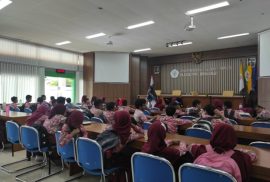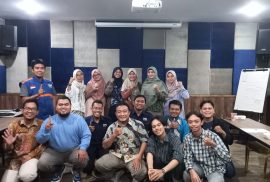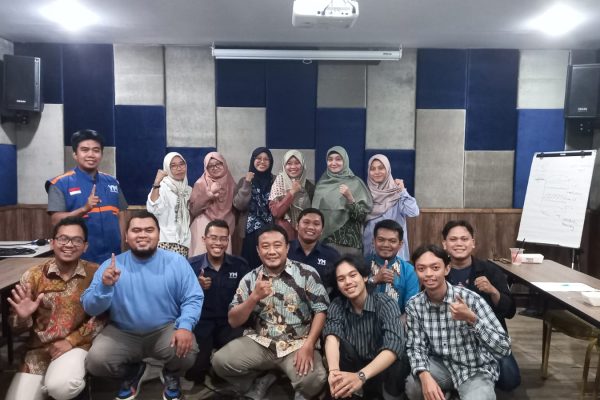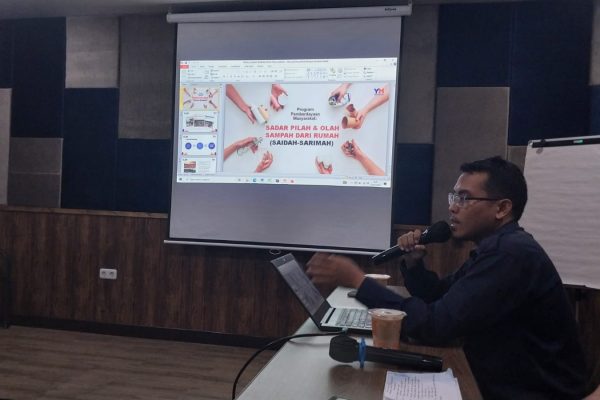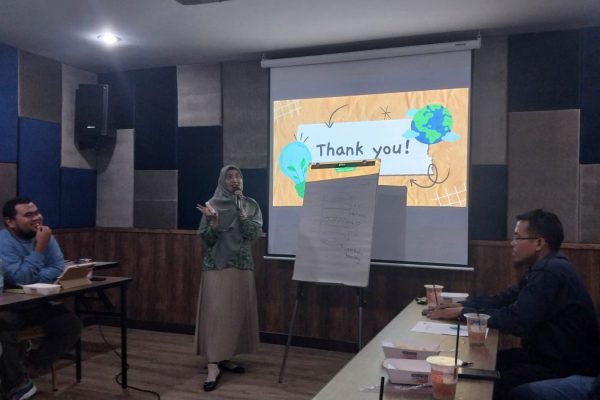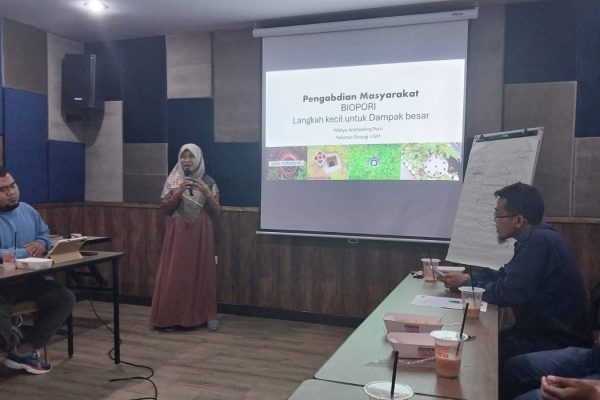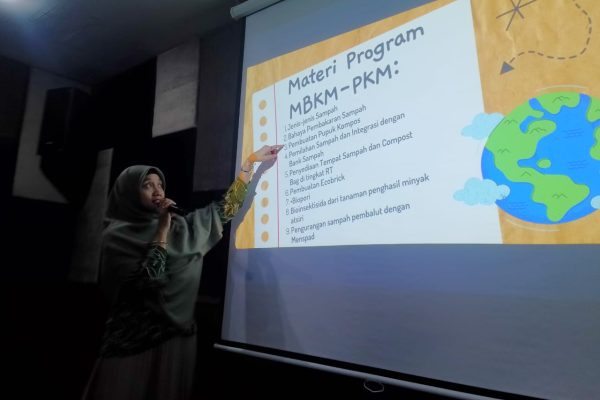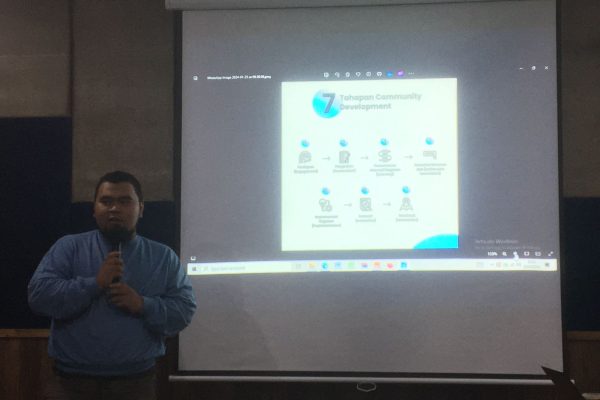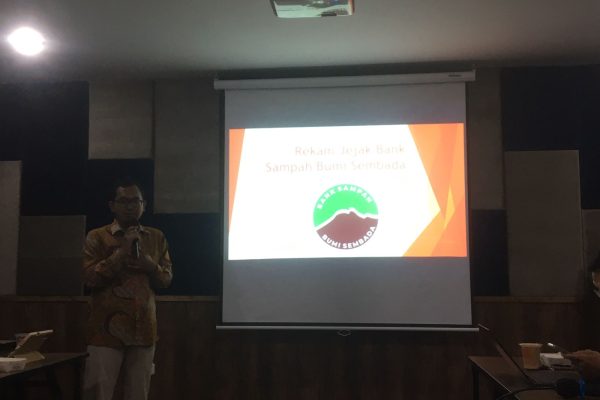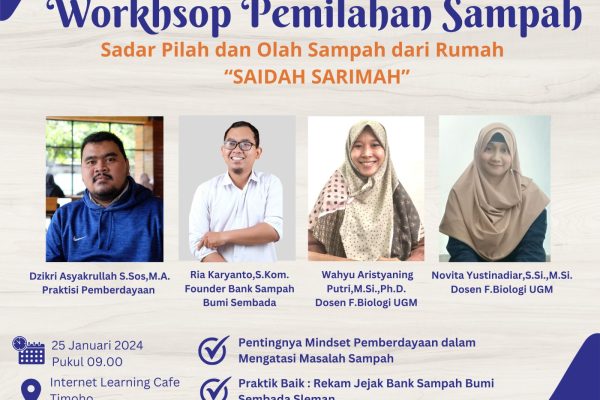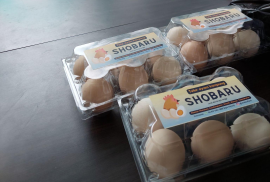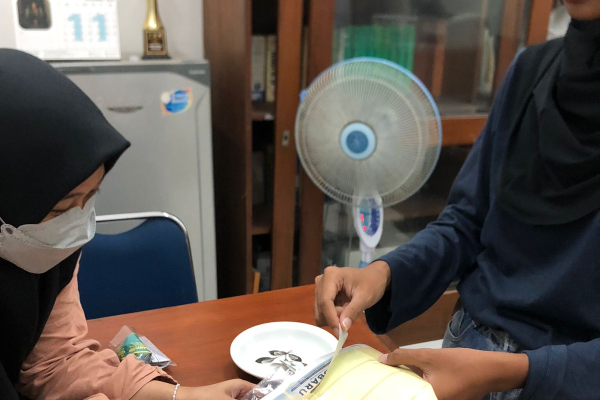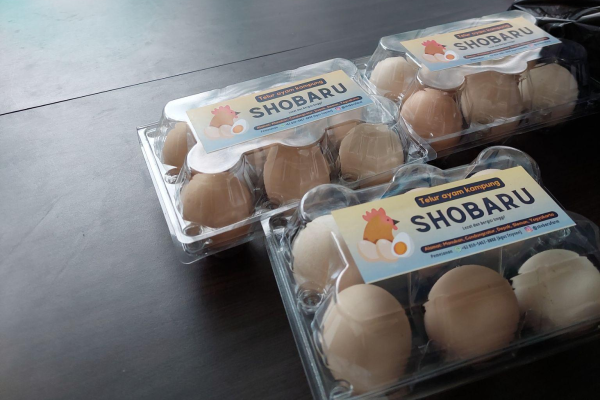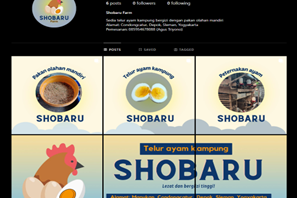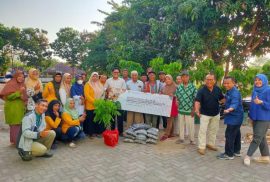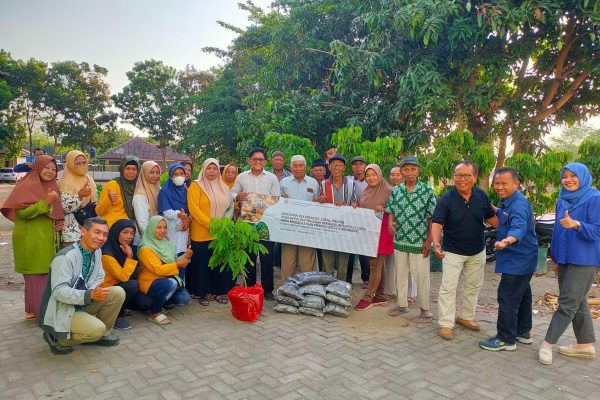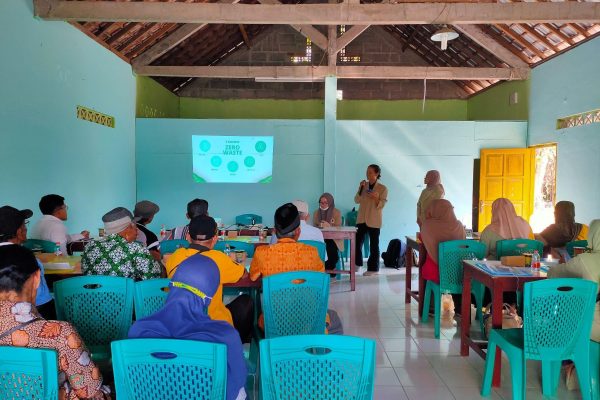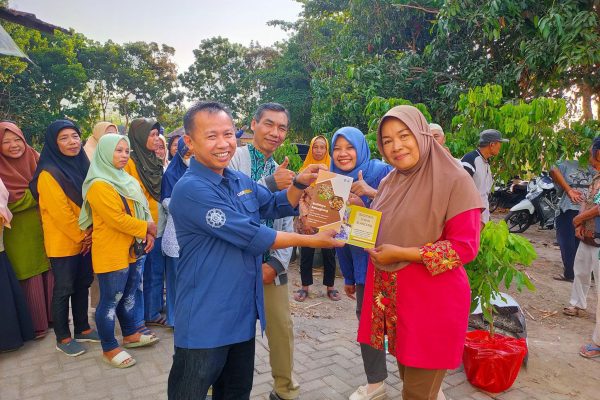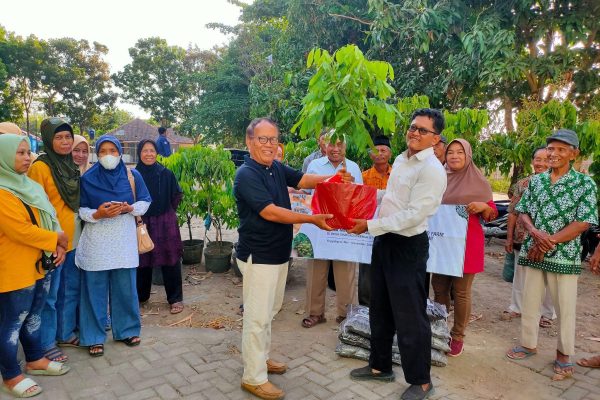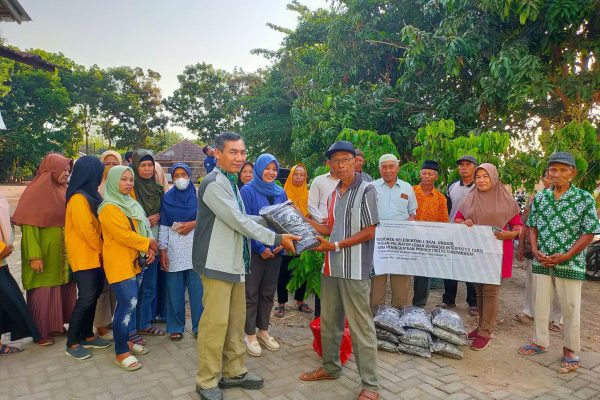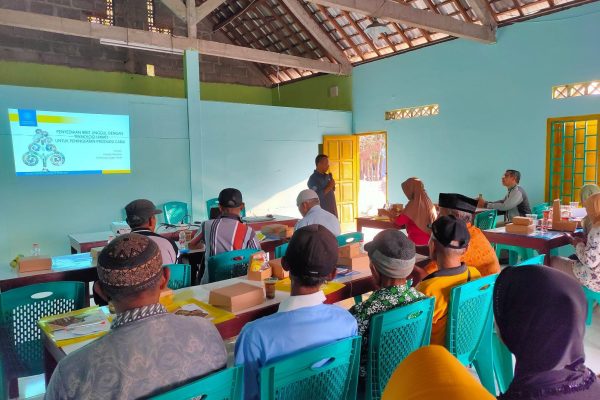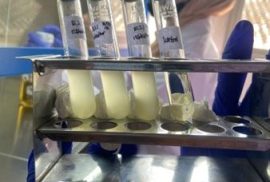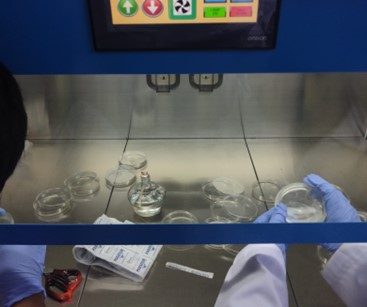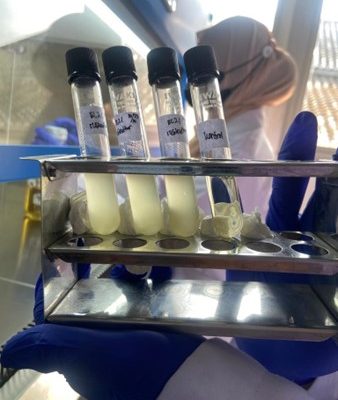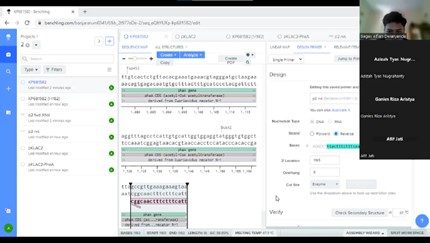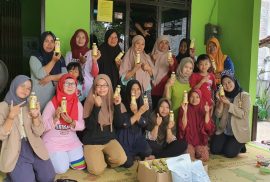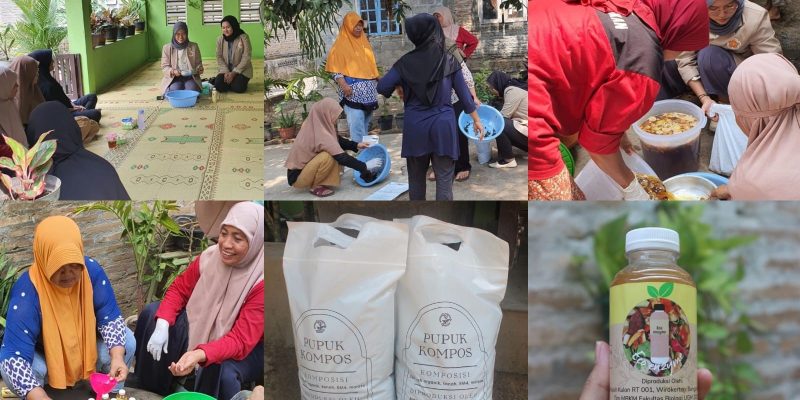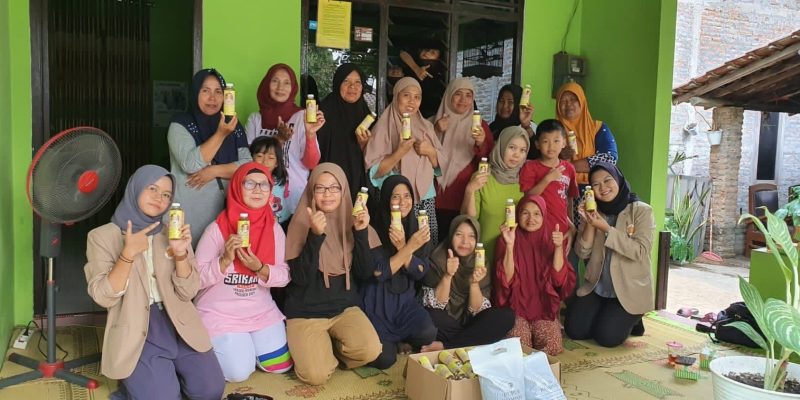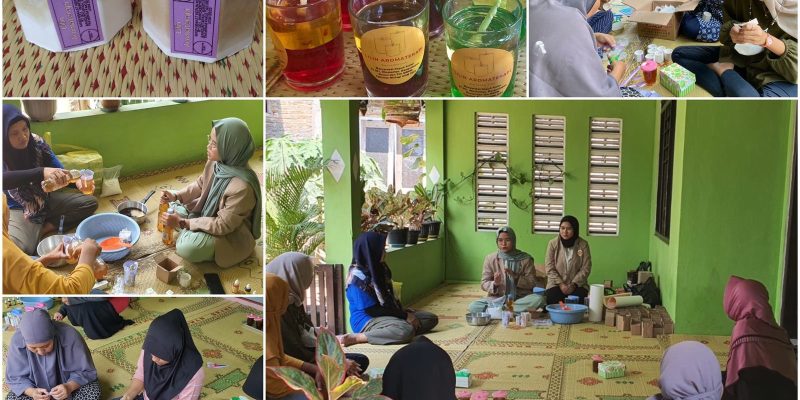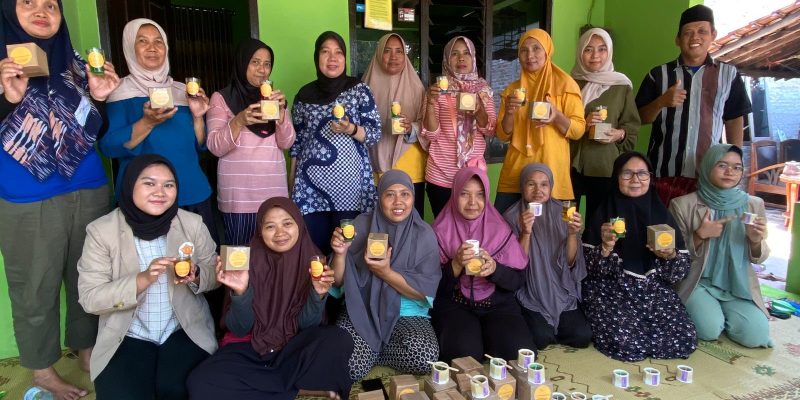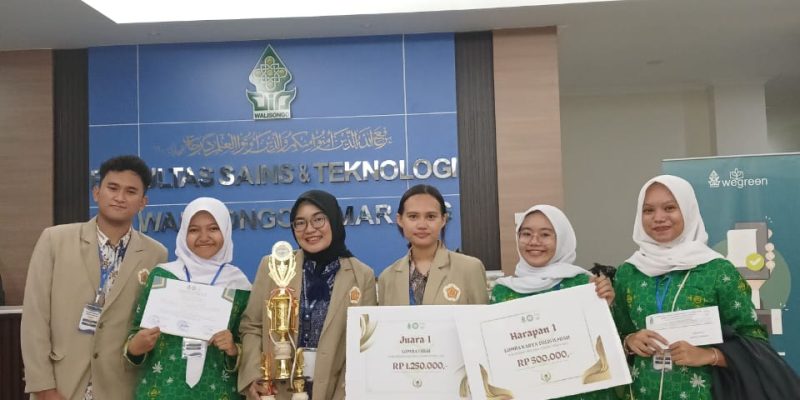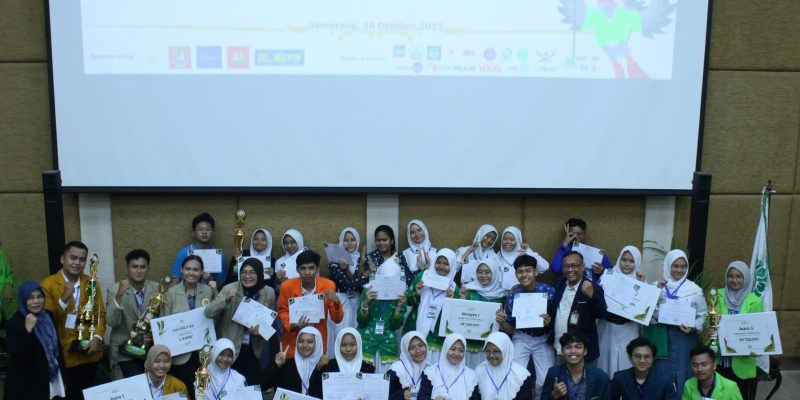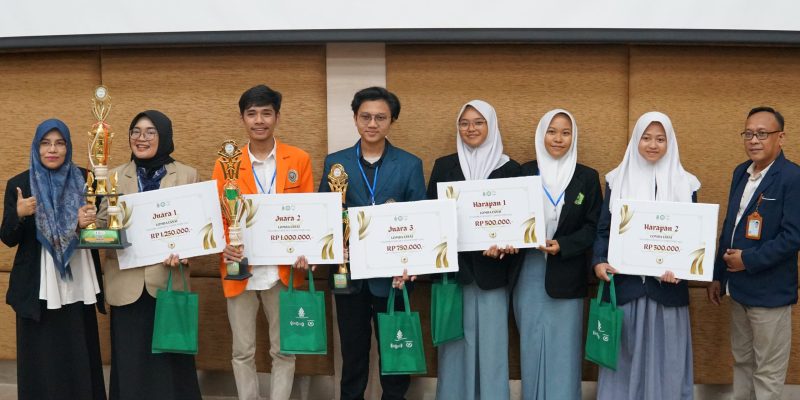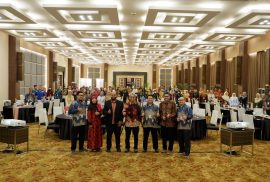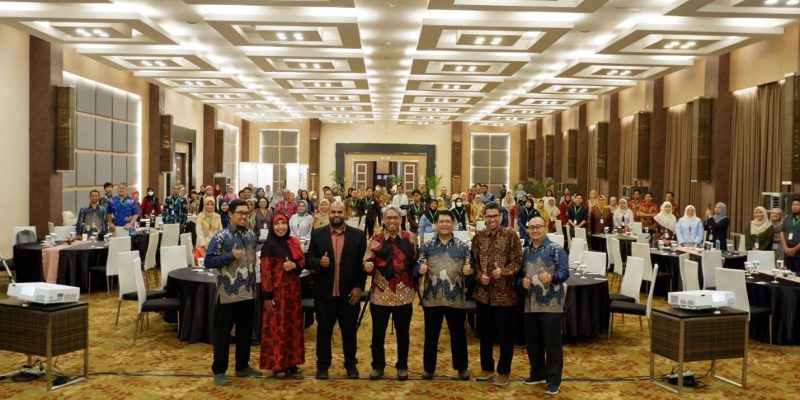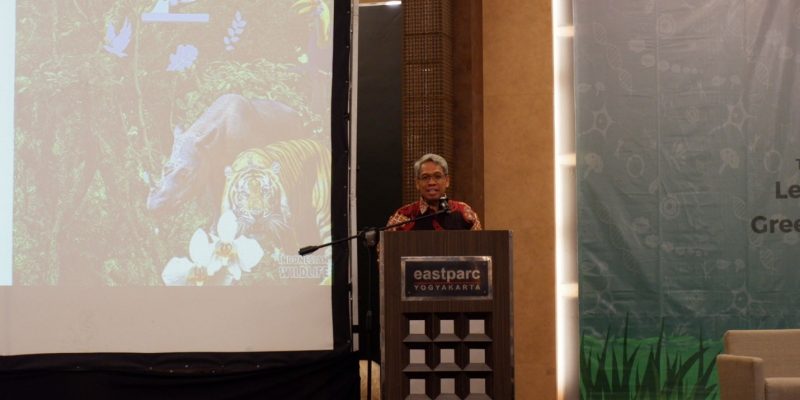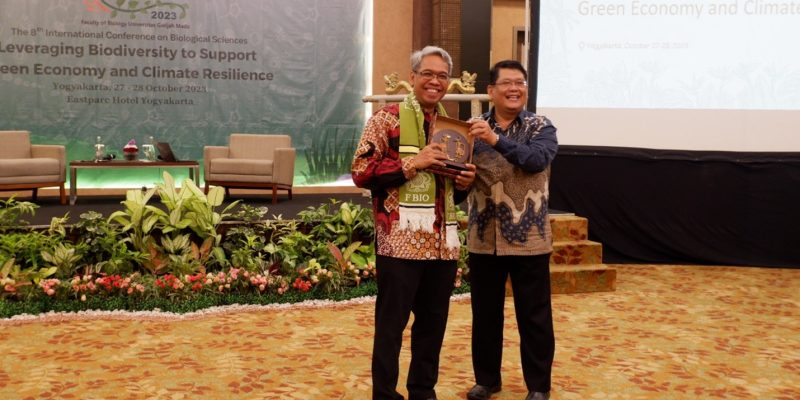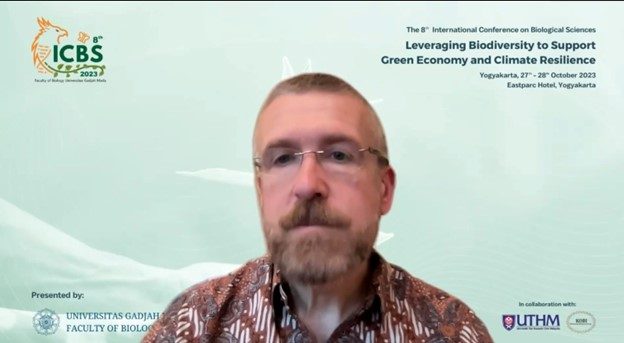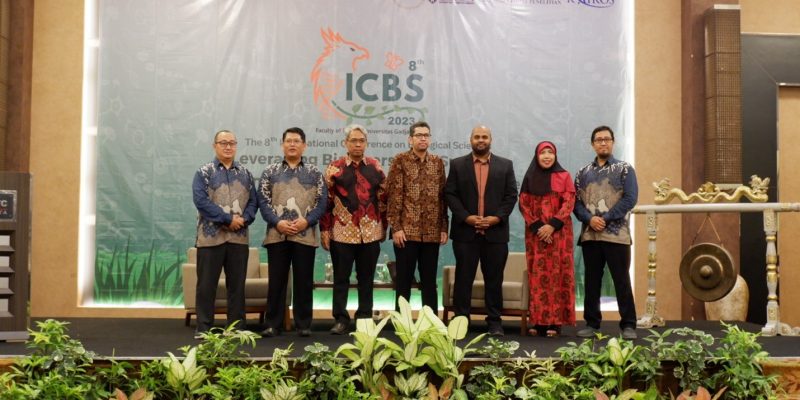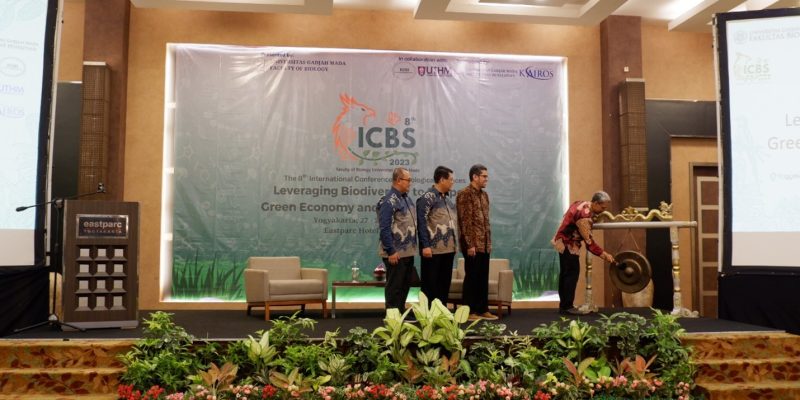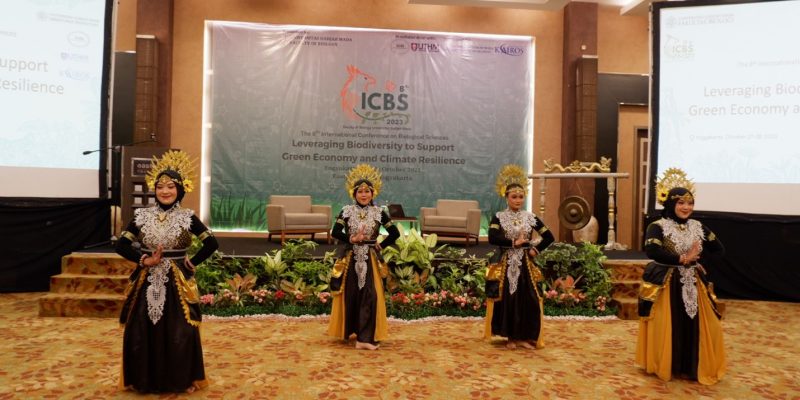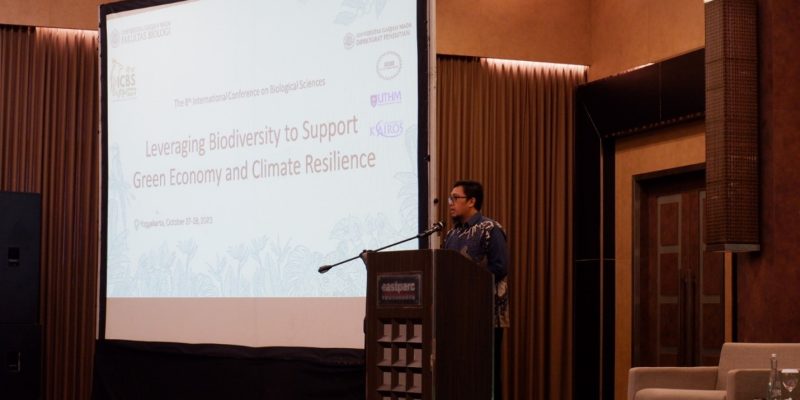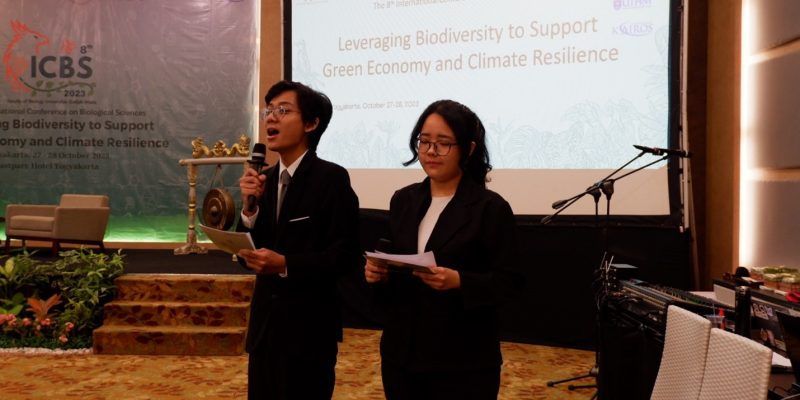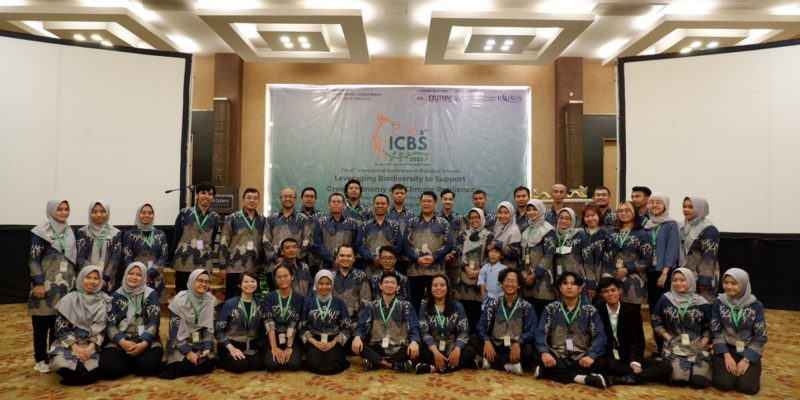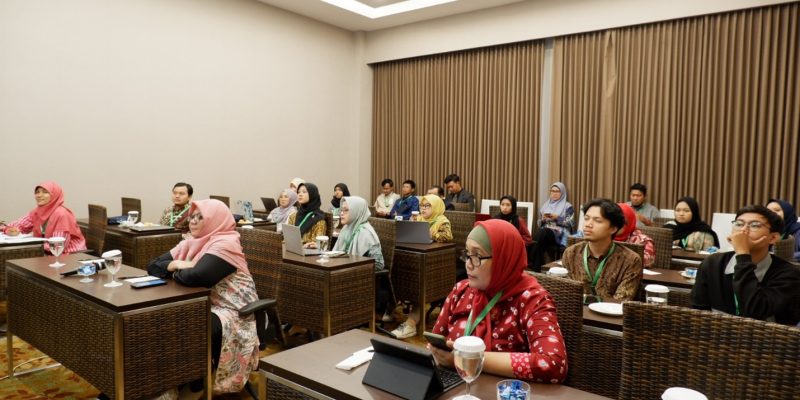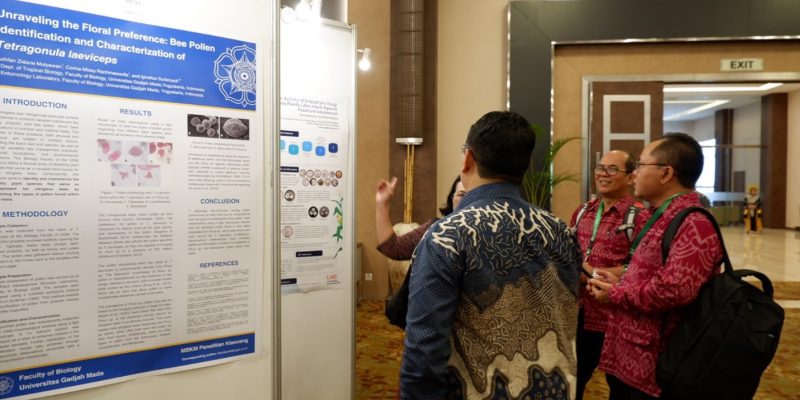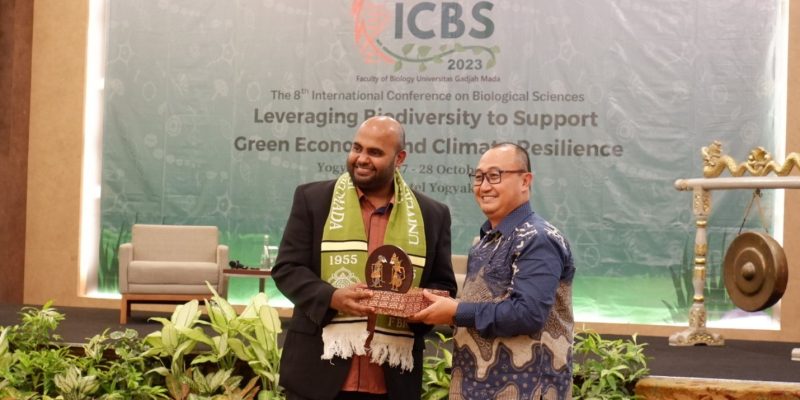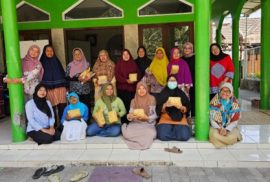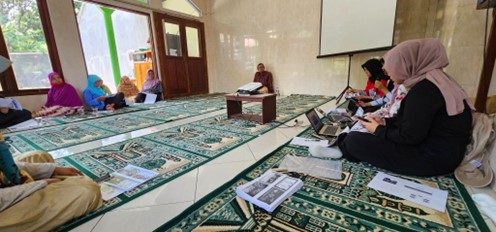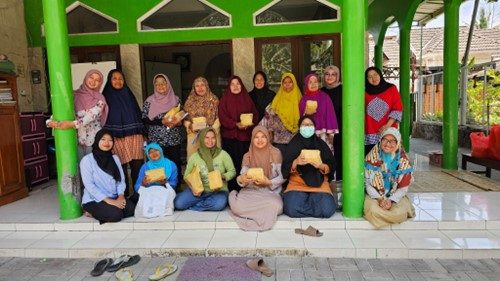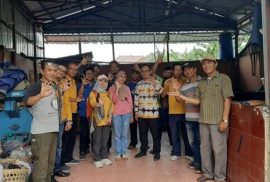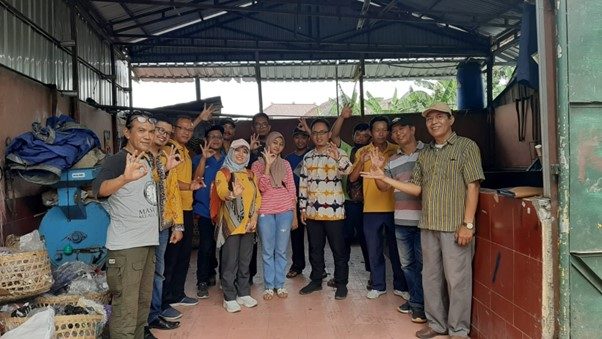On Thursday, February 15, 2024, Class IV from SD Negeri Deresan Yogyakarta had a special opportunity to

explore the world of science through an inspiring visit to the Animal Structure and Development Laboratory of the Faculty of Biology at UGM. This visit aimed to provide a deeper understanding of the scientifi
c concepts they learn in class and to inspire their interest in science. A total of 58 fourth-grade students from SDN Deresan, accompanied by 2 homeroom teachers and 4 accompanying teachers, were welcomed at the Faculty of Biology UGM by the Faculty’s Guest Reception Team and greeted by the Head of the Animal Structure and Development Laboratory, Dr. Ardaning Nuruliani, M. Kes. The children were then divided according to their classes and invited to the Histology & Embryology Section and the Animal Anatomy Section of the Animal Structure and Development Laboratory. All the lecturers of the Animal Structure and Development Laboratory, along with Master’s and Bachelor’s students conducting research there, also welcomed the students.
 In the Histology & Embryology Section, students were introduced to microscopes and how to use them. They also observed the diffusion process and colorful microscopic preparations. Meanwhile, in the Animal Anatomy Section, students observed skeletal preparations, internal organs, and several anatomical specimens. The children showed remarkable enthusiasm and deep curiosity while learning in the laboratory. The visit also included a question-and-answer session, where the children were given the opportunity to ask questions about interesting science topics to the Master’s and Bachelor’s students conducting research in the laboratory. Intelligent and creative questions flowed, reflecting the growing interest in science among the young generation.
In the Histology & Embryology Section, students were introduced to microscopes and how to use them. They also observed the diffusion process and colorful microscopic preparations. Meanwhile, in the Animal Anatomy Section, students observed skeletal preparations, internal organs, and several anatomical specimens. The children showed remarkable enthusiasm and deep curiosity while learning in the laboratory. The visit also included a question-and-answer session, where the children were given the opportunity to ask questions about interesting science topics to the Master’s and Bachelor’s students conducting research in the laboratory. Intelligent and creative questions flowed, reflecting the growing interest in science among the young generation.
According to Mr. Paino, A. Ma (IVA Class Teacher) and Mr. Danang Nor Wicaksana, S.Pd. (IVB Class Teacher), this visit is part of the school’s efforts to provide diverse and in-depth learning experiences for their students. The students ended their visit with bright smiles on their faces and a deep sense of inspiration. “I want to be a scientist one day!” ; “I want to study here” and “I want to go to UGM” exclaimed the fourth graders with sparkling eyes. Such hopes may seem distant, but with visits like this, those possibilities feel much closer.
This activity of welcoming elementary school students is part of the Faculty of Biology’s commitment to supporting Sustainable Development Goals (SDGs) goal no. 4 Quality Education, goal no. 5 Gender Equality, and goal no. 17 Partnership for the Goals. Additionally, this initiative aligns with SDG goal no. 9 Industry, Innovation, and Infrastructure by fostering early interest in science and technology, and goal no. 10 Reduced Inequalities by providing equal learning opportunities regardless of background.

